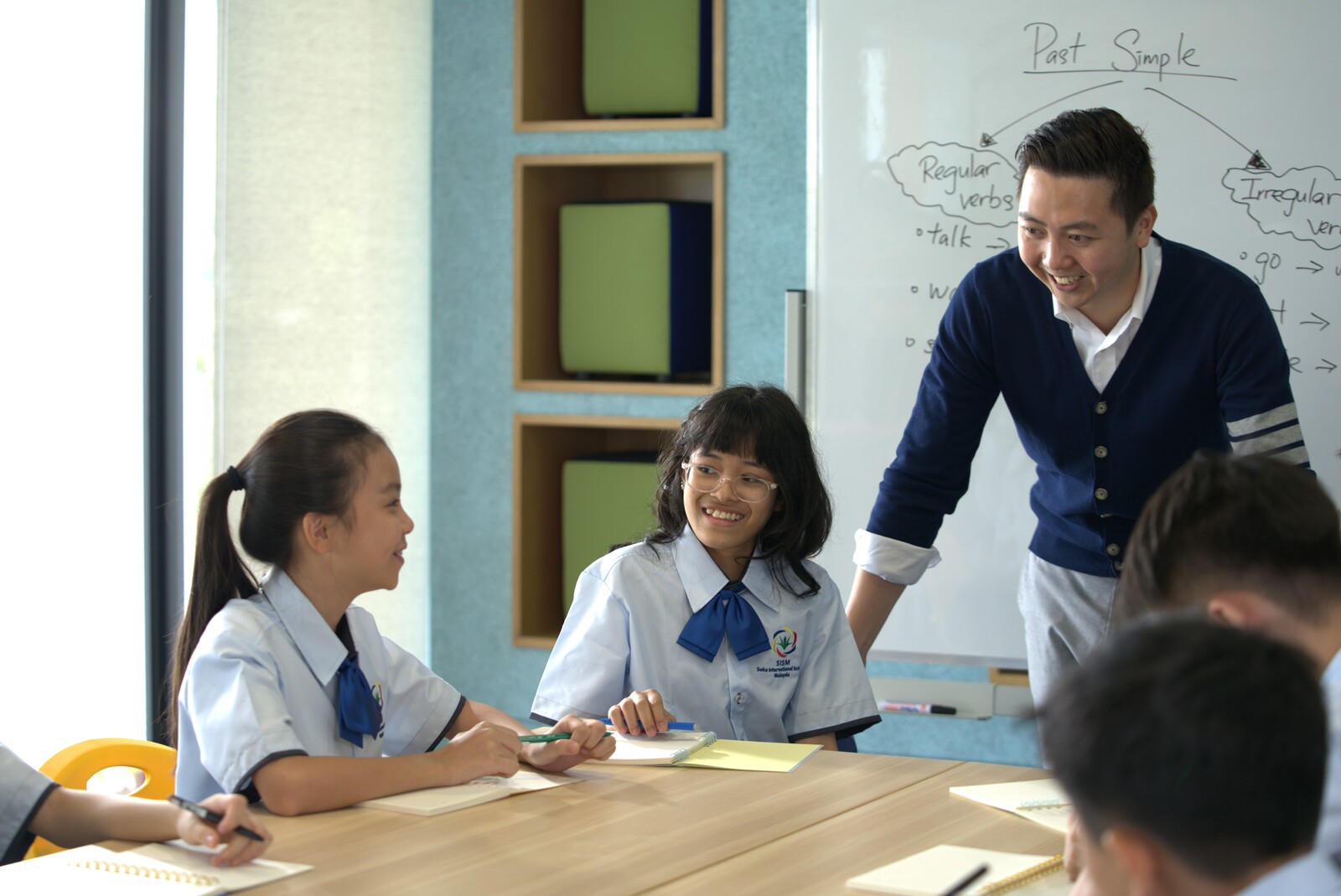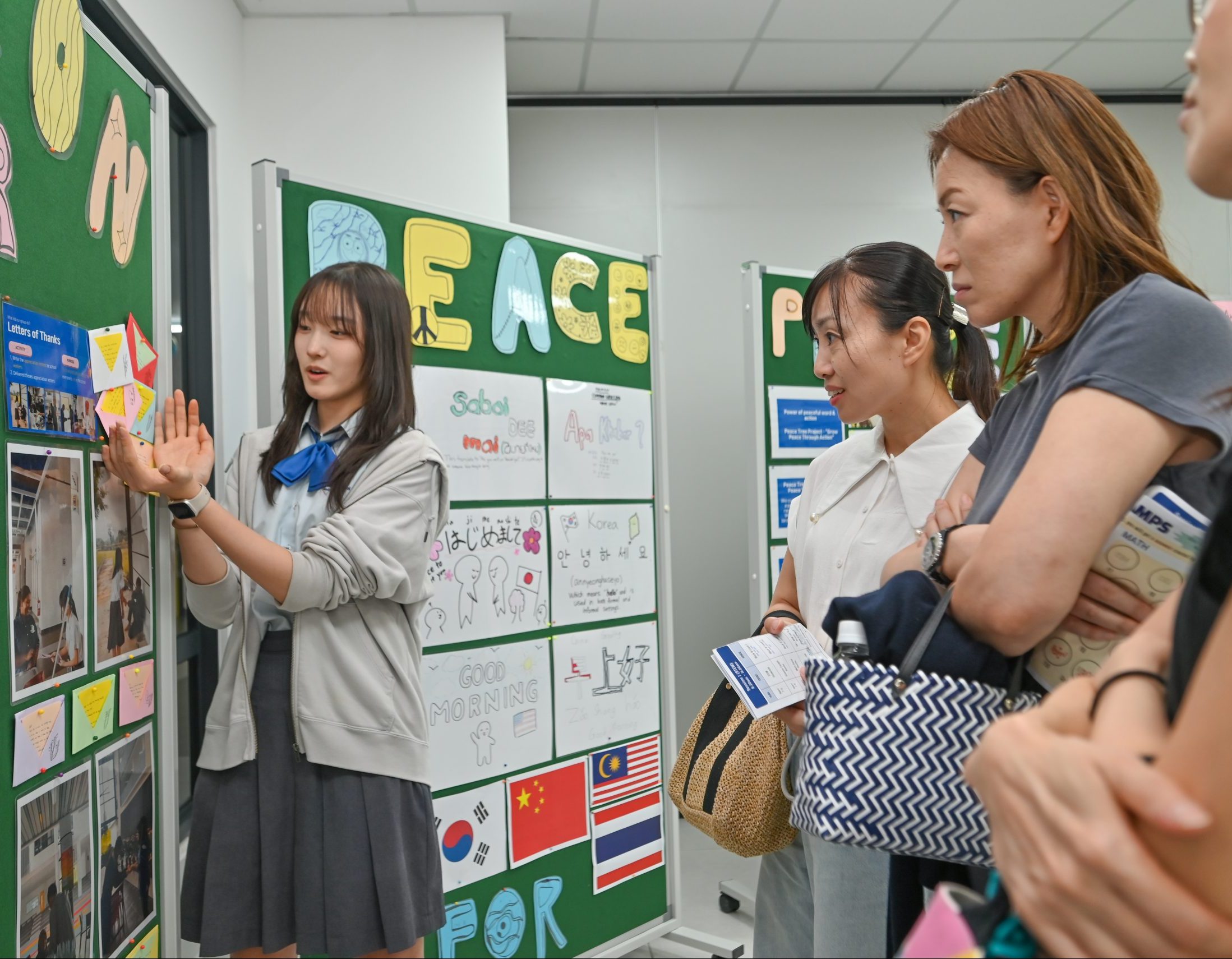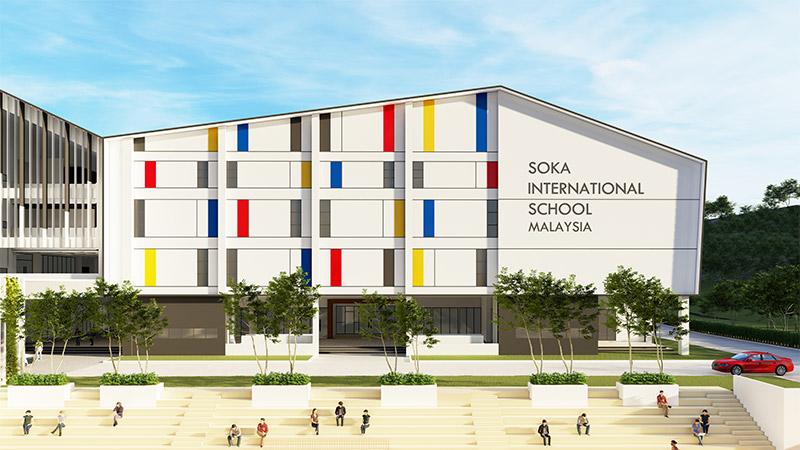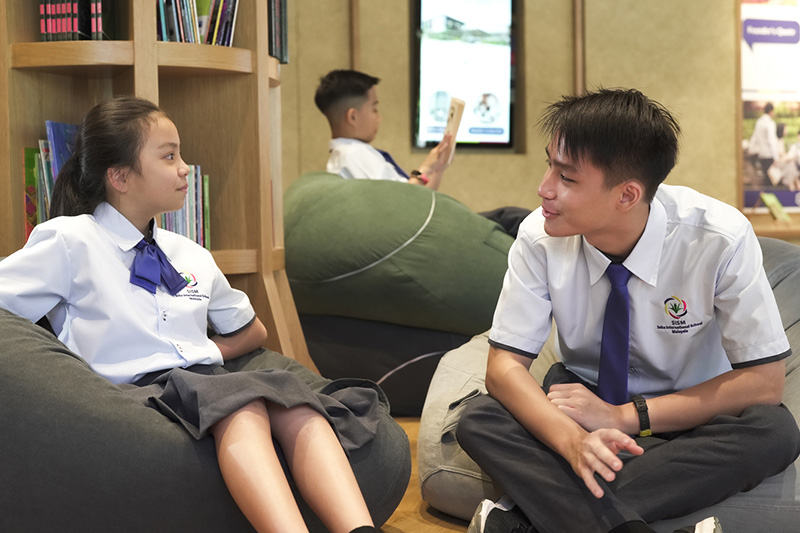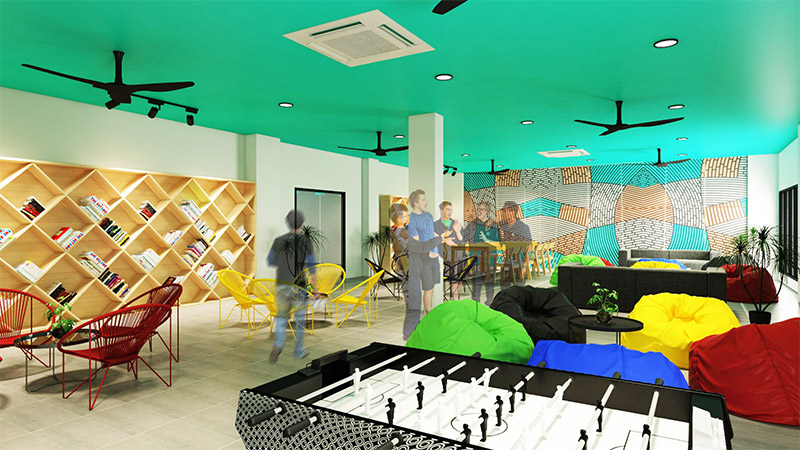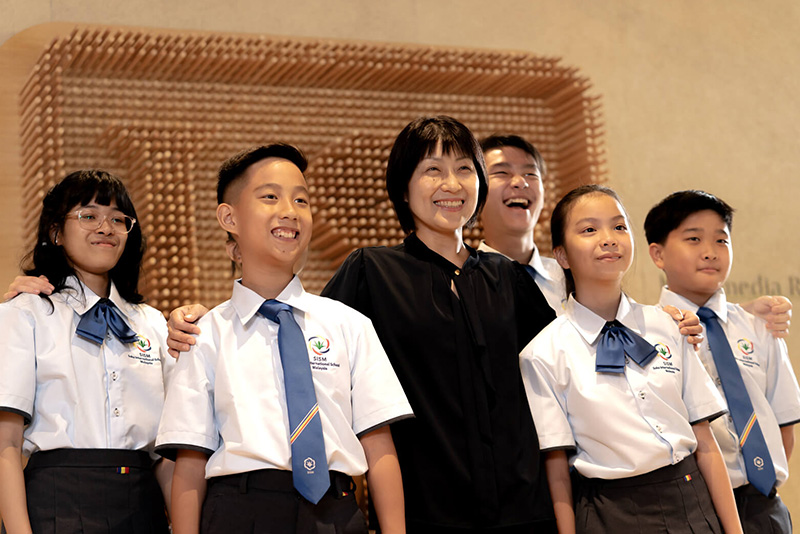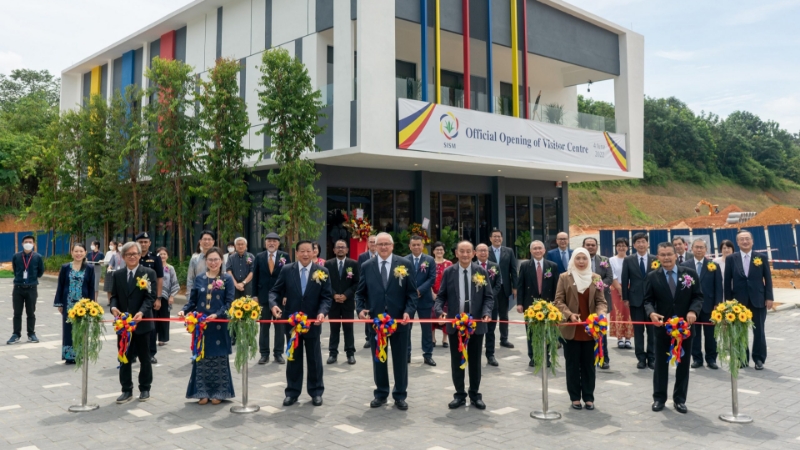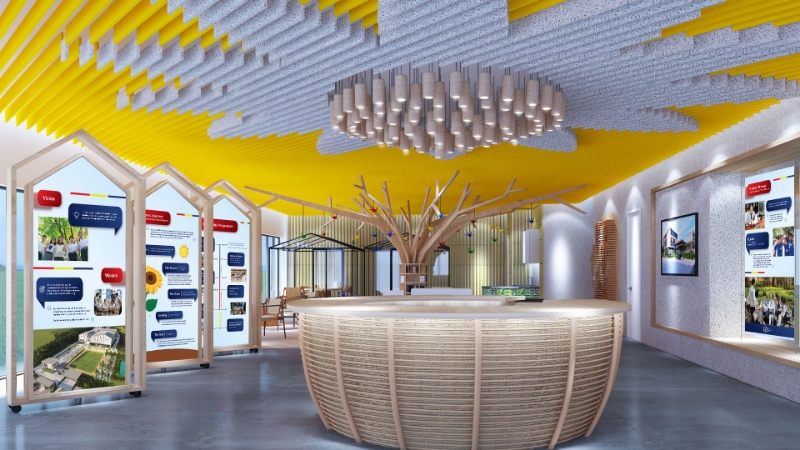Learning Joyfully and Purposefully
Learning at SISM is joyful, purposeful, and globally relevant. Our international curriculum cultivates critical thinking, communication, and leadership skills essential for a rapidly evolving world.
Through our value-creating education model, students pursue academic excellence while developing empathy, resilience, and a strong sense of social responsibility.
Mastery-Based Learning (MBL) at SISM
Mastery-Based Learning (MBL) focuses on ensuring students fully understand a subject before advancing. This innovative approach combines self-paced learning, blended instruction, and regular mastery checks to meet diverse learning needs.
Key components of MBL include:
- Clear learning objectives to define expected outcomes
- Personalised learning paths tailored to individual student progress
- Ongoing formative assessments to track progress and improve learning
Studies show that MBL students report higher engagement, greater satisfaction, and a positive attitude towards learning, creating an inclusive and effective learning environment at SISM.
Social-Emotional Learning (SEL) at SISM
Social-Emotional Learning (SEL) equips students with key skills to manage emotions, build relationships, and make informed decisions. At SISM, we integrate SEL into our curriculum to support academic success and life readiness.
Core SEL skills include:
- Self-awareness: Recognising emotions, values, and beliefs
- Self-regulation: Managing emotions, thoughts, and actions
- Empathy: Understanding and respecting others’ perspectives
- Relationship skills: Effective communication and conflict resolution
- Ethical decision-making: Evaluating actions and consequences
Research shows that SEL enhances behaviour, resilience, and self-esteem, fostering well-rounded students ready for success.
Dialogic Learning (DL) at SISM
Dialogic Learning (DL) uses meaningful dialogue to enhance understanding and knowledge. Unlike traditional memorisation, DL encourages active, collaborative learning between students and educators.
Key benefits of DL include:
- Effective communication: Strengthening student-teacher and peer interactions
- Critical thinking: Enhancing analysis, evaluation, and problem-solving skills
- Social-emotional skills: Building empathy, collaboration, and interpersonal relationships
DL fosters creativity, critical thinking, and emotional intelligence, preparing students for academic success and lifelong learning.
Purpose-Based Learning (PBL) at SISM
Purpose-Based Learning (PBL) immerses students in real-world challenges, linking interdisciplinary knowledge to their interests. PBL fosters active, meaningful learning through:
- Authenticity: Connecting lessons to real-world scenarios
- Teamwork: Promoting collaboration to achieve common goals
- Self-reflection: Encouraging introspection on personal and societal values
- Action-oriented learning: Applying knowledge to solve real-world problems
PBL sparks curiosity, intrinsic motivation, and global citizenship, preparing students for a lifetime of purposeful, impactful learning.
Academic Pathway
